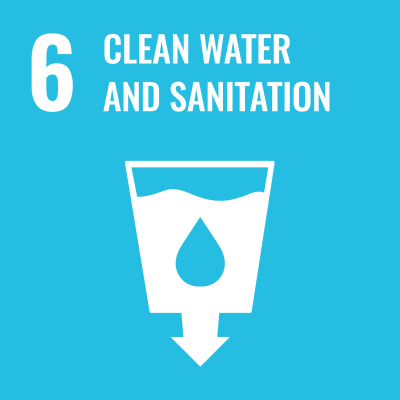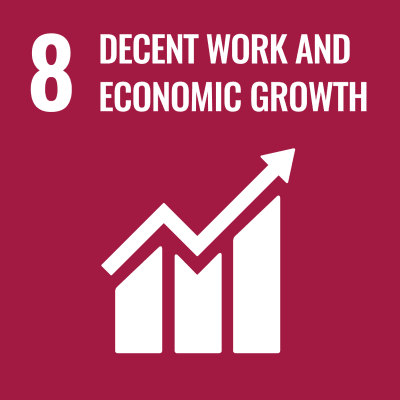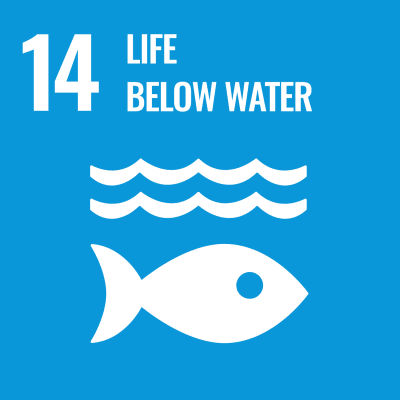-
Faculty of Engineering, Department of Information & Computer Engineering
- Professor
- Hideyuki SHIMADA
- Research Field
Applied computer engineering
- Keyword(s)
Computer graphics, Image processing, GIS
- Research theme
-
- Visualization of measurement results
- Development of cloud oriented GIS
Outline of research activities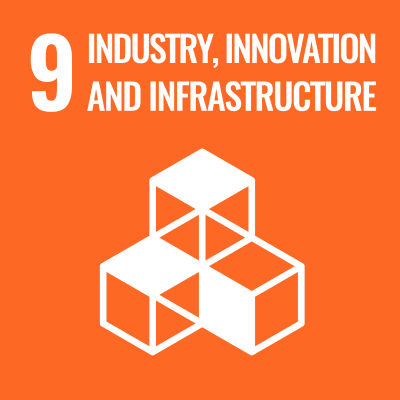
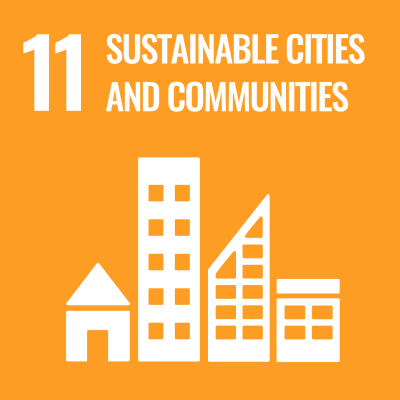
With the spread of Mobile Mapping System (a vehicle equipped with GNSS, laser scanners and cameras), huge point clouds are being accumulated rapidly. My study is to make effective use of this data in current road-related measurement system. And also I’m trying to display this as a high-speed 3DCG via the Internet.

- Desired cooperation
-
- GIS
- Visualization of measurement results
- Road-related measurement systems
- Disaster-related information systems
-
Faculty of Engineering, Department of Information & Computer Engineering
- Professor
- Kengo KATAYAMA
- Research Field
Computational Intelligence, Mathematical Optimization, Algorithm Engineering
- Keyword(s)
Intelligent Algorithms, Machine Learning, Scheduling
- Research theme
-
- Optimization Algorithms for Graph, Routing, Scheduling Problems
- Development of High-Performance Algorithms such as Evolutionary Computations, Metaheuristics, and Local Search
- Development of Effective Machine Learning Algorithms
- Development of Smart Information Systems, Disaster Prevention Systems, etc.
Outline of research activities

Metaheuristic algorithms such as simulated annealing, iterated local search, genetic evolutionary algorithms are known to be effective optimization methods that can be used for various problems in engineering field. Our research interests are developments, improvements and analyses of high-performance evolutionary algorithms and metaheuristic algorithms based on local search for optimization problems such as Maximum Clique Problem, Graph Coloring Problem, Quadratic Assignment Problem, Facility Location Problem, Vehicle Routing Problem, Scheduling Problems, etc.

- Desired cooperation
-
- Solutions and Optimizations for scheduling, routing, selections, and placements in business
-
Faculty of Engineering, Department of Information & Computer Engineering
- Professor
- Noriaki NISHIKAWA
- Research Field
Multi-Agent Simulation
- Keyword(s)
Crowd Dynamics, Simulation
- Research theme
-
- Constructive understanding of crowd behavior
- Societal implementation of crowd simulation technology
Outline of research activities
I am currently conducting researches on pedestrian flow modeling, simulation, and optimization. There are two reasons for investigating pedestrian flow. One is to solve the day-to-day problems of crowded public spaces, such as stations, shopping malls, pavements and many other places. The other is to optimize evacuation procedures from densely buildings and urban centers in case of an unpredicted event.

- Desired cooperation
-
- Simulation researches on human behavior
- Researches on multi-agent simulation
-
Institute for the Advancement of Higher Education,
- Professor
- Yoko HASEBE
- Research Field
Educqtion, Socilology, Psyco-sociology
- Keyword(s)
Educqtion, Inter-linguistic & cultural communication, Social transformation, Agriculture and food culture,
- Research theme
-
- interlinguistic and intercultural communication based on the field of education, and its curriculum design and teaching methods
- Social transformation based on the field of education
- Sustainable collaboration model: among public sectors, private sectors, local communities, universities.
Outline of research activities


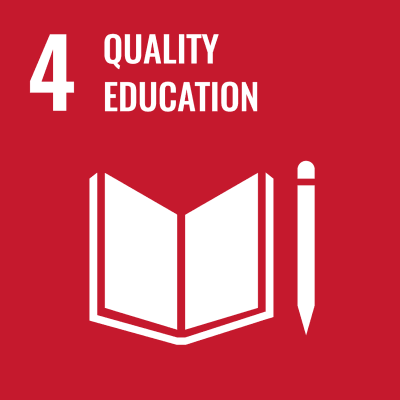



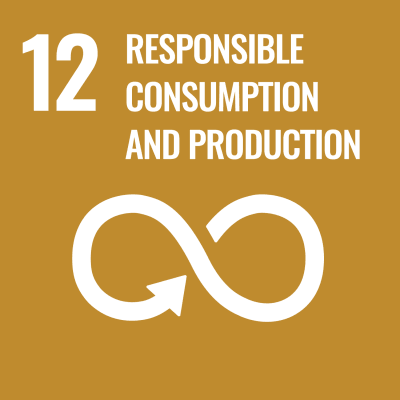


Specializes in education through teaching materials, methods, curriculum design, teachers’ training for inter-linguistic and intercultural communication based on social psychology. In 2007, started “Primary School Project” in Democratic Republic of Congo through intercultural collaboration, has continuously introduced how to create an atmosphere for “mutual collaboration” and “sustainable relationship” with the local community, and is always working with young researchers on the fieldwork-based approach in exploring how to interpret social and cultural phenomena in local communities to develop a model school for the area. We have other related projects in Kagoshima, Yamaguchi, Nagano, Kanagawa, Akita, Aomori.
As my specialty is interlinguistic and intercultural communication based on education, and I am researching its curriculum design and teaching methods. Generally, when we think about intercultural communication, it is exchange with foreign countries that comes to mind. However, even when we are talking with Japanese people, a word can often be interpreted completely differently by the other person, due to individual understandings of the image evoked by that particular word that arises from our diverse backgrounds. Nevertheless, there is the mistaken impression that sharing a language or an interpretation equals understanding, and major communication gaps can arise before we know it.
What is more, my special field of research is the creation of environments for interlinguistic and intercultural communication that generate these kinds of “discoveries.” What steps are required, what kind of settings do we need to create, and what kind of program do we need to assemble? This involves developing a curriculum design, creating an environment that generates sustainable shared understandings as quickly and naturally as possible, and coming up with the methodology to teach the required content and language, for example. We are undertaking this research by putting these concepts into practice through specific projects.- Desired cooperation
-
- Researches on collaboration of education x local community x city design x agriculture and food
- Researches on activating public educational system
- Researches on the process of collaboration between local community and university

